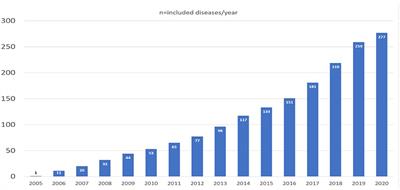EDITORIAL
Published on 15 Jul 2021
Editorial: Advances in Early Onset Epilepsies
doi 10.3389/fneur.2021.709213
- 1,008 views
10k
Total downloads
38k
Total views and downloads
EDITORIAL
Published on 15 Jul 2021
BRIEF RESEARCH REPORT
Published on 10 Jun 2021
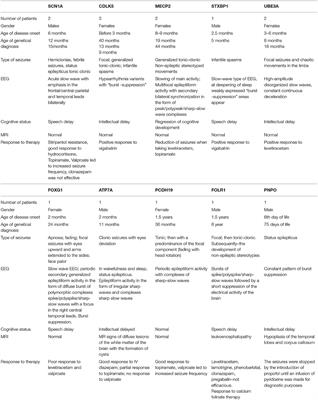
ORIGINAL RESEARCH
Published on 03 Jun 2021
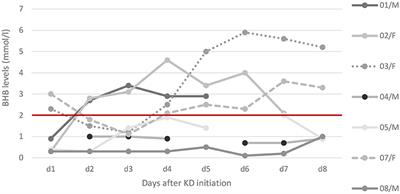
SYSTEMATIC REVIEW
Published on 24 Mar 2021
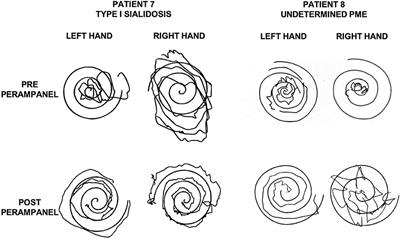
SYSTEMATIC REVIEW
Published on 12 Mar 2021
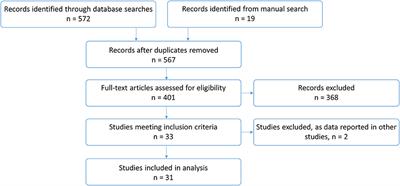
ORIGINAL RESEARCH
Published on 05 Mar 2021
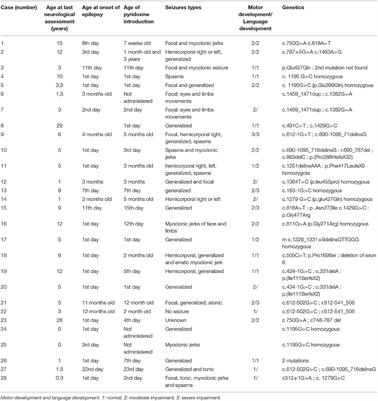
ORIGINAL RESEARCH
Published on 12 Feb 2021
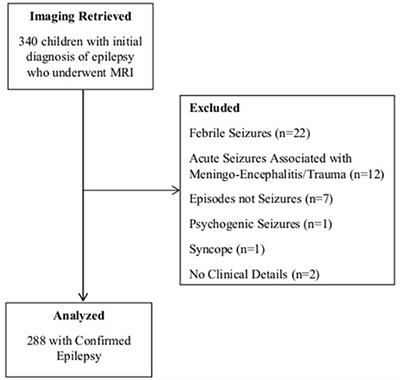
REVIEW
Published on 02 Feb 2021
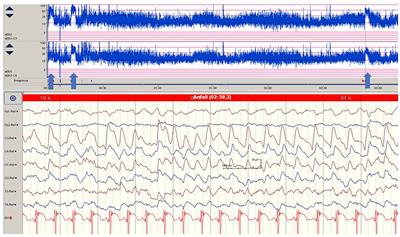
REVIEW
Published on 14 Jan 2021
